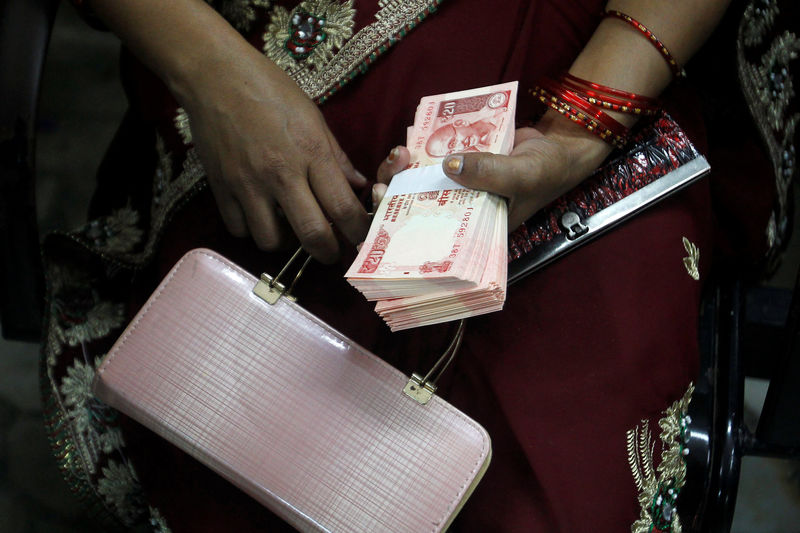The World Bank's chief economist has issued a warning about an impending global economic slowdown, primarily driven by high public and private debt levels accumulated in the aftermath of the Covid pandemic. The warning was issued on Wednesday, indicating that developing countries with high debt, like India, could be significantly affected.
The economist also raised concerns about the impact of rising US interest rates on countries that have borrowed internationally. This situation, coupled with slower trade growth and escalating global protectionist measures, could pose severe challenges for the global economy. The potential for oil crises further exacerbates these risks.
The urgency of managing inflation was emphasized, particularly in developing countries where its effects can be most damaging. The economist warned that unchecked inflation could derail economic recovery efforts and lead to instability.
Despite the overall concerns, the chief economist appreciated India's robust economic management over the past decade. He noted India's progress in infrastructure development, technological innovation, and effective implementation of Goods and Services Tax (GST) reforms. However, he criticized India's high debt-to-GDP ratio and its low female labor force participation rate, which is only half of China's.
The economist expressed disappointment over India's failure to capitalize on the "China Plus One" strategy. This strategy encourages businesses to diversify their supply chains by adding another country alongside China as a trading partner, thereby boosting trade. The inability to leverage this opportunity could limit India's potential economic growth.
In conclusion, the World Bank's chief economist urged nations to address high debt levels and manage inflation effectively to mitigate the risk of a global economic slowdown. He stressed that timely action is critical to ensure sustainable economic recovery and growth.
This article was generated with the support of AI and reviewed by an editor. For more information see our T&C.
